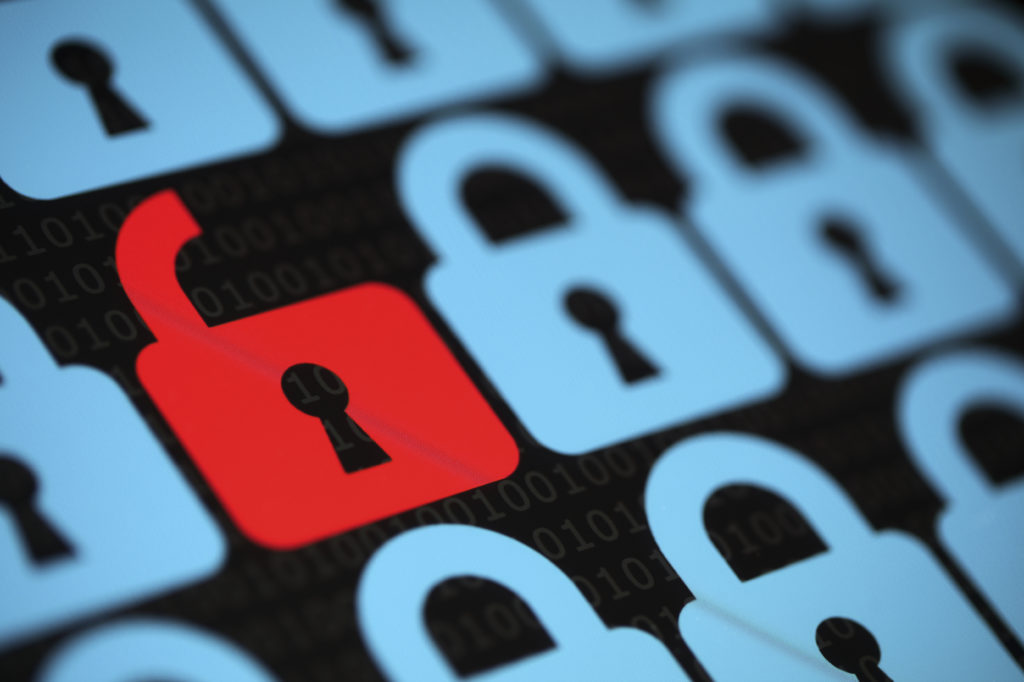If there’s one anyone needs when browsing the web, it’s anti-virus software. With the increasing threat of cyber intrusions and their advancing complexity, not having such a crucial program is like leaving your home doors wide open.
Of course, having the software isn’t a solution by itself. One of the best defenses for protecting yourself online is to have some online smarts. In fact, most security problems are often caused by human error, mistake, or deception rather than the Hollywood style “hacking” you see in the media. So how best can you browse online with your anti-virus software? Here’s a few solutions to keep in mind.
The first is to keep your anti-virus program up to date, always. For the most part, this process is automatic. But everyone has their own software preferences, so some require manual updates. In any case, this is a daily event. Malware evolves every single day. That means intrusions can happen in seconds, especially with outdated software. It’s important you’re running the latest version of whatever protective software you have, otherwise, problems will occur.
Another tip is to scan frequently, especially if it seems like your PC is running slowly. There are a variety of reasons for slow performance, but viruses and adware are common culprits. Sometimes the cause is not even purely malicious programs. Sometimes the buildup of trackers, spam and adware causes issues to accumulate over time. Scheduling periodic computer scans can detect these threats in early stages and keep things running smoothly.
Remember that none of this will help unless you practice good browsing habits. All that really means is being aware of what sites you visit, what links you open and what files you download. Remember, security is often compromised because of error. Opening shady links, for example, can lead to bad websites which will attempt to load dangerous viruses. Downloading files and running the executable is a risk when its source is questionable. Emails opened mistakenly open up channels for phishing scams or the like. While anti-virus software can protect against some of this, it can’t prevent bad habits.
As a final note, it’s important to have anti-malware software. But even that can be dangerous. In other words, there are plenty of phony programs which actually load viruses onto a PC versus removing them. That’s right, it’s one of the oldest tricks in the book, and can catch the unsuspecting off guard. Typically, you’ll visit a website, see a notification you have a “virus,” and be prompted to download anti-virus software. Actually downloading and running this software will in fact load the malware, as mentioned, since he warning was a trick. So, always be sure you’re downloading legitimate anti-virus software and not something like this.
Once you’ve got this covered, your browsing will be much safer. Combined with some common sense and scrutiny, anti-virus software will keep you shielded. Stratosphere Networks is a leading provider in managed services and IT security. Give us a call or fill out our contact form for more information about how you can keep your company devices safe.

